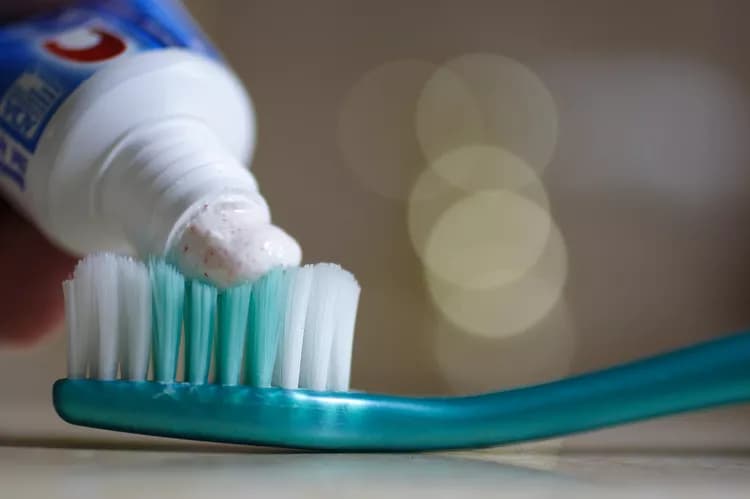Fluoride is an important and essential trace mineral that forms a main constituent of the bones and teeth. Fluoride in the form of calcium fluoride is vital for the formation and development of the bones and teeth. Fluoride in the teeth protects us from tooth decay and dental caries. This is attested to by several scientific research organizations and world health bodies including the World Health Organization (WHO), Centers for Disease Control and Prevention (CDC), American Dental Association (ADA), and European Academy of Paediatric Dentistry (EAPD).
Fluoride in the bones gives our body its shape and structure, which protects the internal organs such as the lungs, brain, heart, and spine. Fluorides are also helpful in treating conditions that cause bone loss, particularly in women after menopause. However, significant reports of detrimental health effects caused by fluoride overexposure is also reported by several major global scientific and research organizations.
The largest health benefit of fluoride is its ability to protect our teeth and fight the key cause that leads to tooth decay and cavity formation. This has been proven through research conducted by several credible health organizations and institutions. Fluorides form an active component of teeth enamel, especially during teeth formation, making it impermeable and resistant to attack by harmful acids that form in the mouth from the foods we eat. Due to this, the bacteria that survive on the leftover food particles in the mouth (between the teeth) are not allowed to flourish. The harmful acids that damage tooth enamel are formed when oral bacteria digest the food particles lodged in our mouth.
We get most of the fluoride from the food and water that we consume. Pickles, cucumber, dill herb, unsweetened juice of grapes, orange, apple, and grapefruit, vegetables, such as spinach, tomato, asparagus, beans, and peas, and seedless raisins are some of the foods that are rich in dietary fluorides. Fluoridation of the water supply is a regular and cost-effective practice in many countries; though, currently the practice of adding fluoride in water is being questioned. Also, fluoride forms an active ingredient of toothpastes and mouthwashes (as sodium fluoride), the use of which is strongly recommended by dentists. As such, these are topical dental applications and children have to be trained to spit them out and not swallow them. The World Health Organization advocates the use of fluorides, such as fluoride toothpaste, for the mass control and mass prevention of dental caries; however, it cautions against the excess use of fluoride treatment.
The US National Academy of Sciences, Food and Nutrition Board recommend a daily fluoride intake of only about 3-4 milligrams for adolescents and adults. In children (over 12 months old), the recommended intake is as low as 0.7-2 milligrams per day. However, it has been observed that children are often exposed to more than the required amounts of fluoride. In such cases, they may have higher than required concentrations of fluoride, which may result in the mottling of teeth, leading to a condition called dental fluorosis (a tooth enamel defect caused by fluoride). Many research studies have been undertaken to evaluate the link between an over-exposure to fluoride products and health conditions such as bone weakening, cancer, and infertility. It is important to note that like most minerals in the body that when in excess amounts can result in toxicities; an excess amount of fluorine/fluoride in the body resulting in fluoride toxicity, has the potential to severely disrupt many body functions and lead to adverse health issues.
Related Articles
Test Your Knowledge
Asked by users
Related Centers
Related Specialties
Related Physicians
Related Procedures
Related Resources
Join DoveHubs
and connect with fellow professionals


0 Comments
Please log in to post a comment.